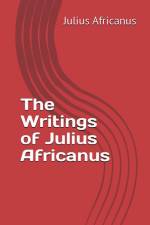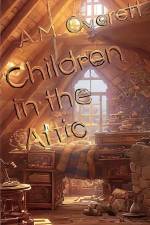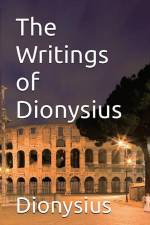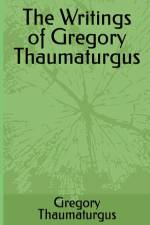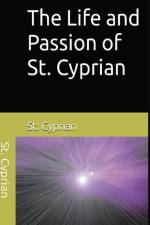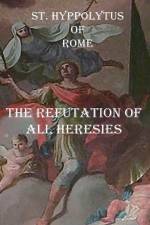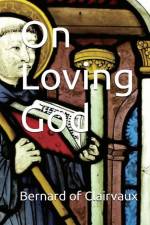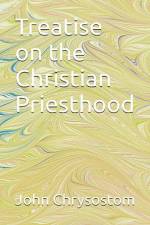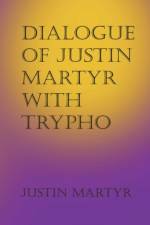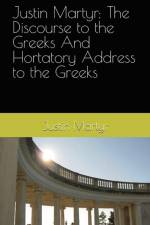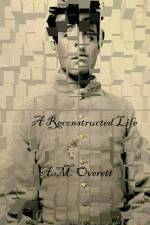av Alexander of Alexandria
147
[a.d. 273-313-326.] The records of the Ante-Nicene period, so far as Alexandria is concerned, are complete in this great primate, the friend and patron of Athanasius, and, with him, the master-spirit of the great Council of Nicæa. I have so arranged the "Fragments" of the Edinburgh series in this volume as to make them a great and important integer in rounding out and fulfilling the portraiture of the school and the See of Alexandria. The student will thus have at hand the materials for a covetable survey of the Alexandrian Fathers,-their history, their influence, and their immense authority in early Christendom. In an elucidation I venture to condense my thoughts upon some points which it has been the interest of unbelievers to misrepresent, and to color for their own purposes. But, as the limitations of my editorial duty do not allow me to enter upon a dissertation, I am thankful to refer the reader to the truly valuable though by no means exhaustive work of Dr. Neale on The Patriarchate of Alexandria. His statements are not, indeed, to be received with unreserving confidence; for, in spite of his pure and lofty purposes, his mind had been formed under the strong bias of a transient fashion in divinity, and he always surveyed his subject from an Occidental if not from a Latin (I do not mean a strictly Roman) point of view. To other popular historians I need not refer the student, save, by anticipation, to the list of authorities which will be furnished in the concluding volume of this series.Let us reflect, then, upon the epoch to which we have now come. The intense sufferings, labors, and intellectual as well as moral struggles, of the three heroic centuries, are closing, and Alexander of Alexandria is the grand figure of the period. Diocletian is preparing to let loose upon the sheep of Christ the ferocious wolves of the tenth persecution. Lucian is founding the school of Antioch, revising the New Testament, and, in fact, the whole Bible of the Fathers, for his labors included the version of the Seventy. Unhappily, the ambitious Arius, who calls him master, has begun to trouble the evangelical See of St. Mark; and Achillas, notwithstanding the warnings of Peter, has laid hands upon him, and made him a presbyter. He aspires to be made a bishop.




